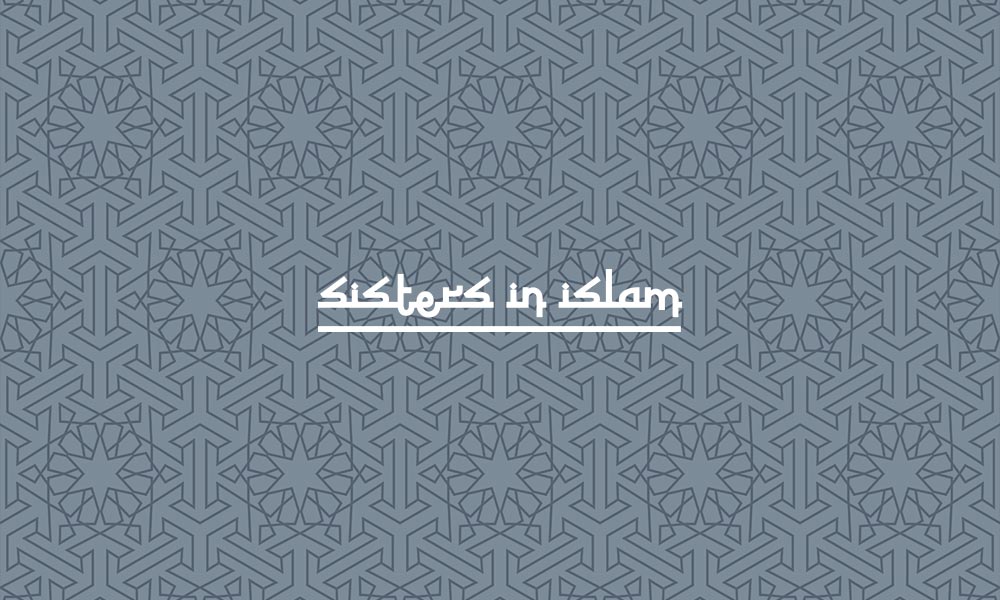Sisters in Islam welcomes the proposed amendments to the Islamic Family Law Act be tabled in Parliament that will enable the first wife to claim her share of the matrimonial property upon her husband’s polygamy. Another amendment requiring the man, his existing wife, his wife to be and her guardian to appear before the court further protects women because it allows the judge to determine the ability of the man to be just.
These amendments were proposed by Sisters in Islam in a memorandum to the Government in 1996.
However, these two positive amendments contain loopholes and weaknesses. If they are the same as the provisions under the Selangor Islamic Family Law, 2003, these amendments will unfortunately discriminate against women as well, as they are open to abuse. Our concerns are as follows:
The gender neutral language used in the amendment[1] masks existing inequalities between men and women. While it enables a wife to claim her share of the matrimonial property, it also enables a husband to claim from his wife or existing wives. This is open to abuse by irresponsible husbands. In practice, the amendment could enable a husband to force the sale of the matrimonial home or to claim that property given as gifts to the wife to be matrimonial property in order to support his subsequent dependents. This will cause injustice to the first wife and children. This amendment adopted in Johor has led to our first case of a husband obtaining a court order to freeze the bank accounts of his wife in order to claim matrimonial property.
Poor implementation of the strict conditions for polygamy by the syariah courts. Legal rights granted to women are often not followed by mechanisms to enable her to access those rights. Even though the application for polygamy requires documentary evidence to prove that the conditions are met, often the husband’s mere verbal declaration in court is accepted. Moreover, the court proceeds to hear the application even without the existing wife’s presence.
In addition to the weaknesses above, additional amendments (if they are the same as the provisions under the Selangor Islamic Family Law, 2003) also discriminate against women:
The existing condition of “just and necessary” under section 23 of the IFL Act, 1984, is amended to “just or necessary”. This means the husband needs only to prove the polygamous marriage is necessary, but not prove that it is also just. This relaxes the strict conditions that husbands have to fulfill to justify polygamy.
Fasakh (judicial order for dissolution of marriage) which grants women grounds for divorce is now extended to the husband as well. This is discriminatory when the husband still retains his unilateral right to divorce.
A husband can now obtain a court injunction to prevent the disposition of property by a wife or former wife, in order to protect the husband or former husband’s financial claims. This is blatantly unjust when traditional Islamic law provides that the husband has no right on his wife’s property while the wife has a right to his property for her and the children’s maintenance.
Sisters in Islam proposes that:
Gender specific language be used to enable ONLY the wife or existing wives to claim for her/their share of the matrimonial property before the husband is permitted to marry another wife.
The application form for polygamy should be amended to read “APPLICATION FOR COURT PERMISSION TO PRACTISE POLYGAMY” rather than read like an application to marry which assumes that permission is only a formality. Space must be provided to ensure that documentary evidence to prove the intended marriage fulfils the conditions of just and necessary, financial ability to support all existing and future dependents, and list of dependents is fulfilled.
All illegal polygamous marriages should not be registered and deemed to be void. However, any children born out of this union, shall be considered as children of “syubhah intercourse”[2]. The biological parents will be responsible for the care and maintenance of such children.
In order to ensure justice to women, these amendments cannot be passed without wider consultations and debate on their formulation and implementation. The Islamic Family Law of Malaysia must ensure justice to men, women and children.
Sisters in Islam
Petaling Jaya
14 September 2005
